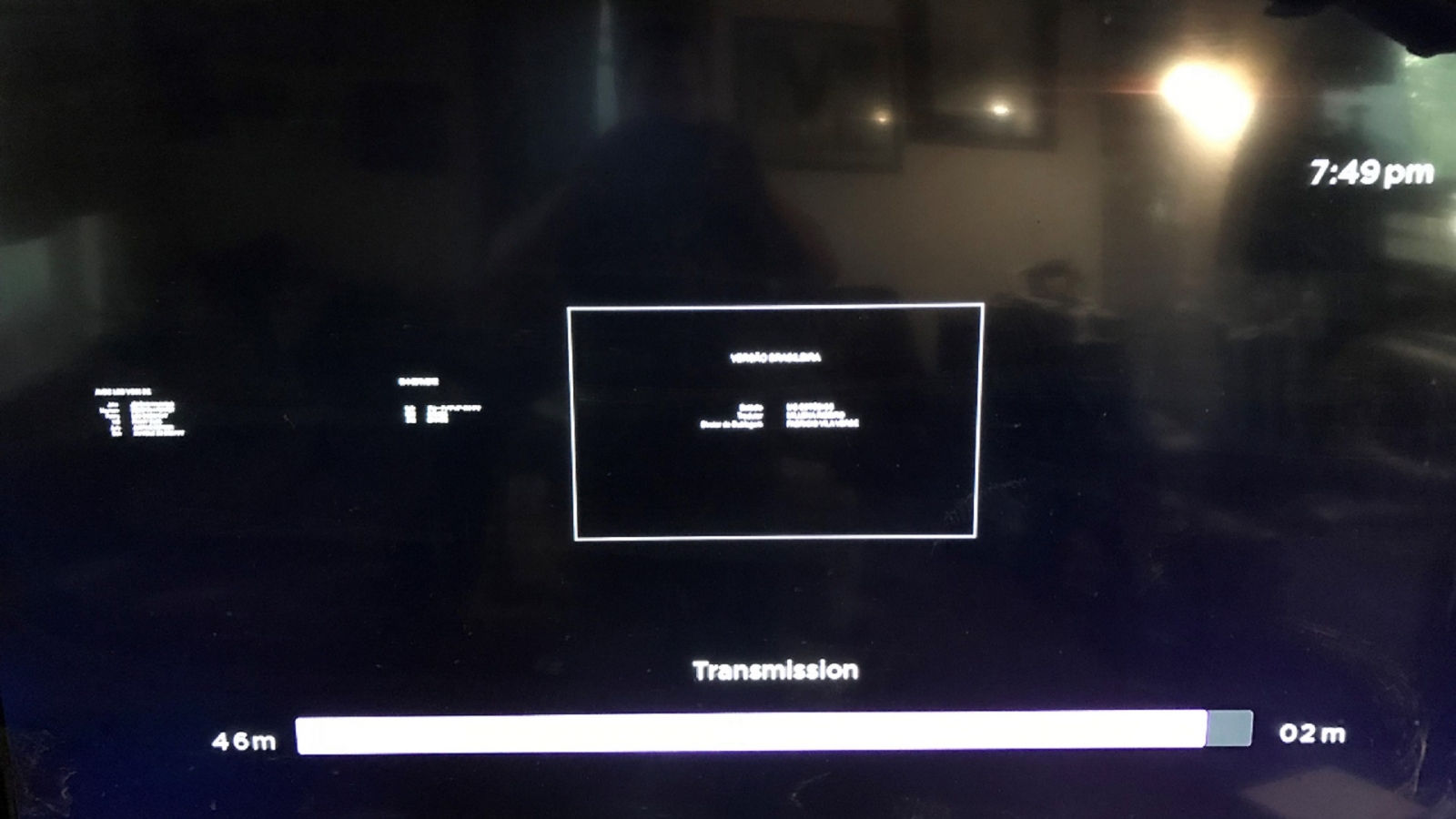

VAProfileMPEG2Main : VAEntrypointEncSlice VAProfileMPEG2Simple : VAEntrypointEncSlice VAProfileH264ConstrainedBaseline: VAEntrypointEncSlice VAProfileH264ConstrainedBaseline: VAEntrypointVLD VAProfileH264Baseline : VAEntrypointEncSlice Vainfo: Supported profile and entrypoints Libva info: Found init function _vaDriverInit_0_32 Libva info: Trying to open /opt/intel/mediasdk/lib64/iHD_drv_video.so (for more info see /opt/intel/mediasdk/plugins/plugins.cfg) OpenCL check:platform:Intel(R) OpenCL GPU OK CPU OK dev/dri/renderD128 connects to Intel i915 Linux distro suitable for Media Server Studio 2016 Gold Processor name: Intel(R) Core(TM) i7-5775C CPU 3.30GHz Here is the output of sys_analyzer_linux.py:. We have followed the documentation in "Intel QuickSync Video and ffmpeg" and "Intel® Media Server Studio 2016 - Driver, SDK, Samples for Linux" to the letter. They show the input stream data, and then immediately segfault. None of the builds output any "libva info" lines (as shown in the Intel QuickSync Video and ffmpeg PDF). I suspect that build has a better chance of working because it sees the hardware acceleration methods.

The build shows "qsv" and "vaapi" as available methods. The only real behavioral difference among the various builds is that -hwaccels on our build shows no available hardware acceleration methods. Both of them segfault as soon as we try to output with h264_qsv. We have tried using the static builds from (ffmpeg 3.1 as well as a nightly git snapshot), and we have built our own static build (2.8.7). We have struggled with this for the better part of today to try to get ffmpeg encoding h264 video with qsv.


 0 kommentar(er)
0 kommentar(er)
